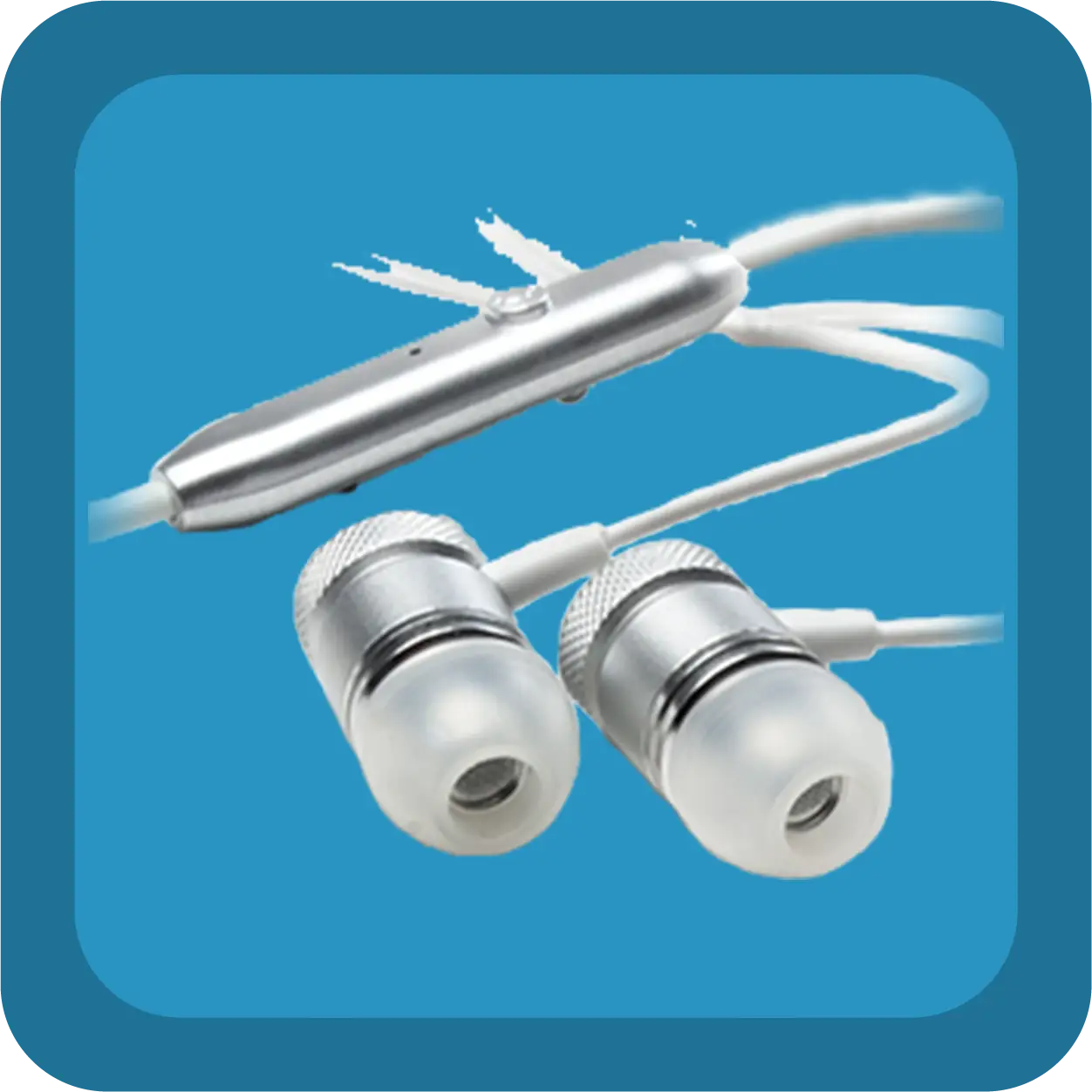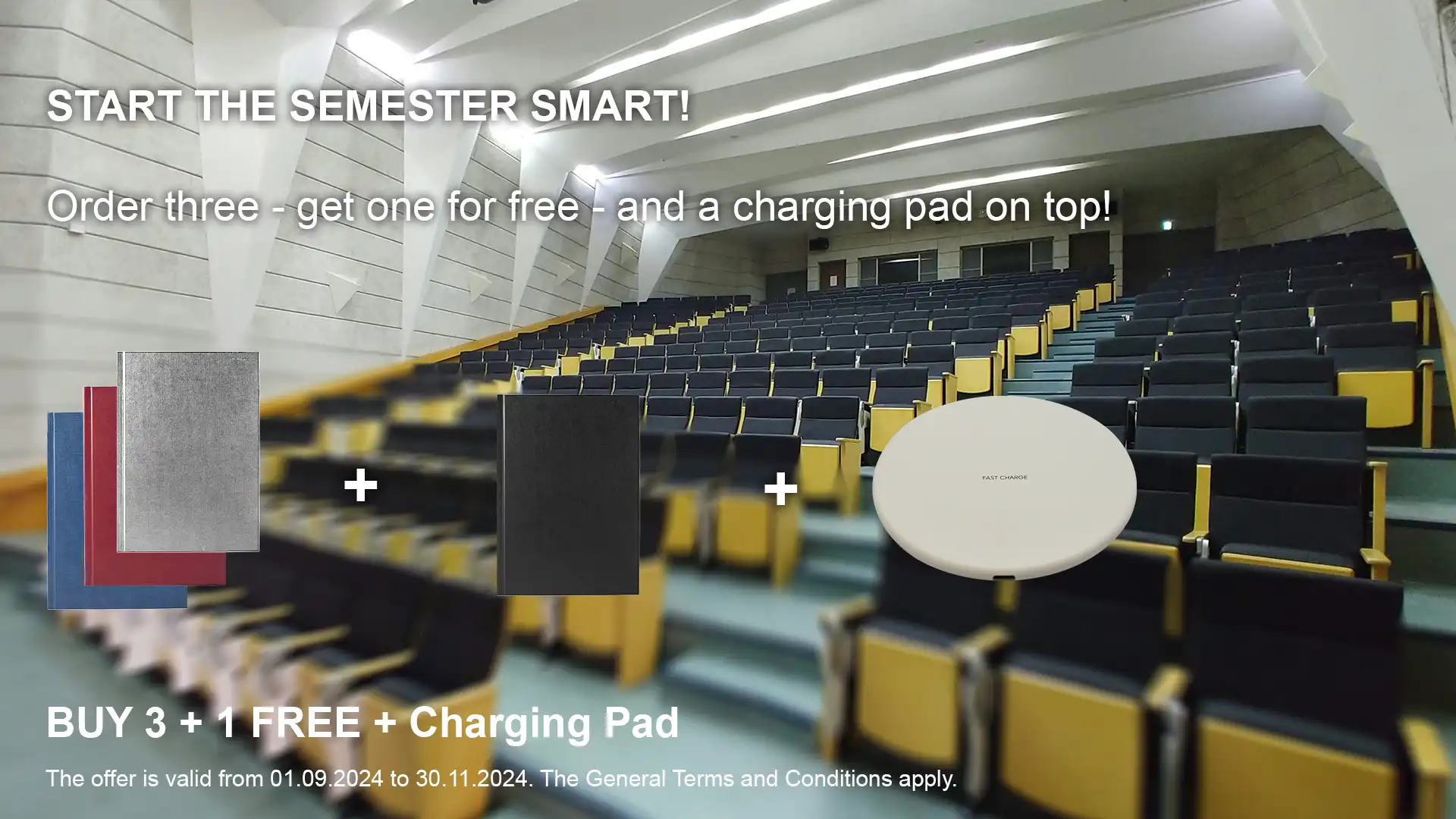Find the best literature for your thesis – easy & effortless
Discover how to research the relevant literature for your thesis. Here’s what you learn in this free video tutorial: the main methods of literature search, as well as the most essential online catalogs and databases. Watch it right away!
Welcome to the tutorial “How to find the best literature for your thesis“. At the beginning of any academic work is the literature research. It is the starting point for finding your appropriate topic, structuring the topic, and developing a guiding question. But keep in mind: Literature research is extremely time-consuming. A clumsy approach will cost you valuable time, which you may miss later when writing your text. To choose the one you really need from the abundance of existing literature, you need to apply the right method and use appropriate tools. In this tutorial we will show you how and with which means you have to proceed so that you can get relevant literature for your work without wasting time.
Conducting literature research: systematic or unsystematic
First of all, we will take a look at which research methods are generally applicable. Then we will introduce you to some essential online catalogs and databases. Basically, you have two options at your disposal: You can proceed unsystematically or systematically. However, we recommend that you use both methods, as each research method has its advantages and disadvantages.
If you have not yet developed a guiding question and would like to get an initial overview of the research literature, unsystematic research is helpful. Here, the search is conducted according to the snowball principle: you search the bibliographies and references of other works, with the sources found there providing further references. The starting point of your research can be an encyclopedia entry, an anthology, a textbook, a seminar reader, or a reference collection of your university library. To find out which sources are potentially relevant to your topic, you should pay attention to those sources that are repeatedly mentioned in your search. The main disadvantage of this method, however, is that the researched sources are always older than the source work, which is why the latter should be as up-to-date as possible.
If, on the other hand, you already have a guiding question and are looking for specific literature, then systematic research is a good option. You proceed as follows: You first develop proper keywords, including appropriate synonyms and English-language expressions. You will then conduct your literature search using databases and online catalogs. In the next step, you get an overview of the search results by looking at the abstract, the table of contents or the outline, the introduction, and the conclusion. After that, you select those sources that you need to answer your guiding question. Finally, document all relevant sources and note them in the correct citation style so that you do not forget any information or inadvertently risk plagiarism.
Popular literature research methods
Now let’s turn to the tools for the systematic literature search. For this purpose, you can choose from the following media, among others:
A first place to go is the so-called Online Public Access Catalogue, OPAC for short. This is an electronic catalog of universities and libraries accessible via the Internet. It is suitable for searching the library holdings using keywords or picking out signatures. The Online Public Access Catalog includes books, dissertations and theses, but in some cases also journal articles. A prominent example of an OPAC is the Catalog of the German National Library.
Another online library catalog is the Karlsruhe Virtual Catalog. Unlike the OPAC, however, this is a metacatalog. This means it offers the advantage of being able to search the collections of several libraries. The catalog contains not only all German-language and a large number of international library catalogs, but also a periodicals database, search engines, book trade catalogs, and a directory of publicly available full texts.
The Google Scholar search engine, a beta search engine from Google and the largest academic search engine in the world to date, is also suitable for searching for specific academic documents. With its help, you can find not only books and journal articles, but also conference papers, discussion papers and other so-called "grey" literature. The tool offers you the option of using an "advanced search" to limit the hit list according to various criteria and thus keep it manageable.
In addition to its search function, Google Scholar is also particularly useful for determining whether you have found all the important sources for your work. If the source in question has been cited very frequently on Google Scholar, this is a strong indication that it is influential and that you should consider it.
When it comes to researching and acquiring journals in particular, the Electronic Journals Library provides valuable services. It covers all subject areas and contains a total of 110,306 titles. Over 70,000 journals are freely available in full text as PDF files. All other journals are only conditionally accessible under certain library licenses.
A useful database for researching specifically English-language journal articles is the digital library JSTOR. The electronic archive contains over 12 million records, which include not only journal articles, but also books, images, and primary sources from 75 disciplines. Although there is a charge, students usually receive free access through their college or university library. The downside: In Germany, access is restricted to only a small part of the offering.
Finally, we would like to draw your attention to some subject-specific databases. These include the Project MUSE database for the humanities and social sciences, which is available in more than 20 academic libraries in Germany, and the PubMed metadatabase of the National Library of Medicine; furthermore EconLit, which focuses on economics, and finally the Inspec index database – the largest database for searching technical literature from the STEM field.
Need to print and bind your thesis?
Order conveniently online now. At thesis.me you will benefit from brilliantly low prices, super fast processing and many other top services:
✔ Standardized & creative paper and binding options
✔ 3D preview with innovative look-inside-the-book option
✔ Optional book publication with ISBN number
✔ Variety of vouchers & coupons to save money
✔ Free shipping to your home or university
✔ Free guides on studying & doing a doctorate
✔ and much more.






